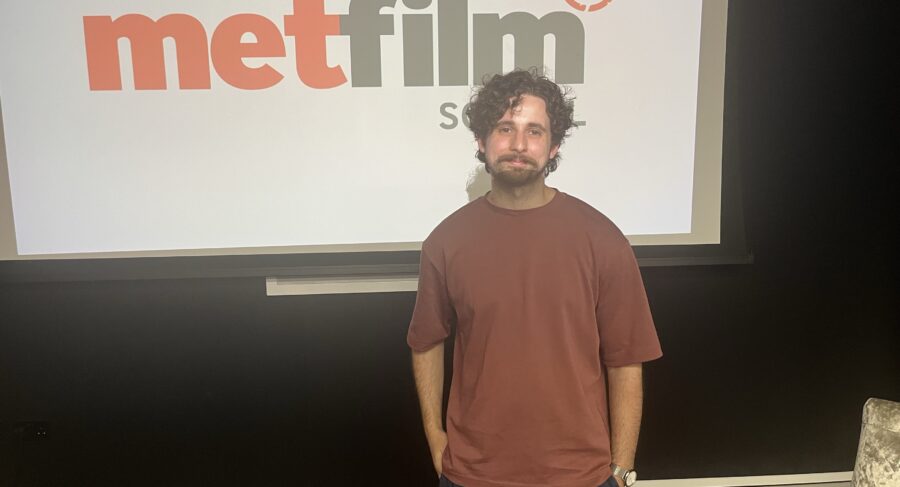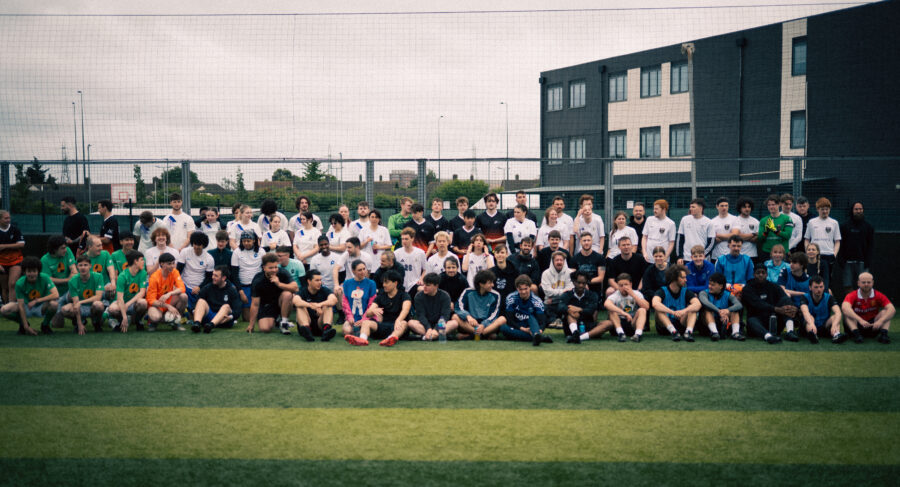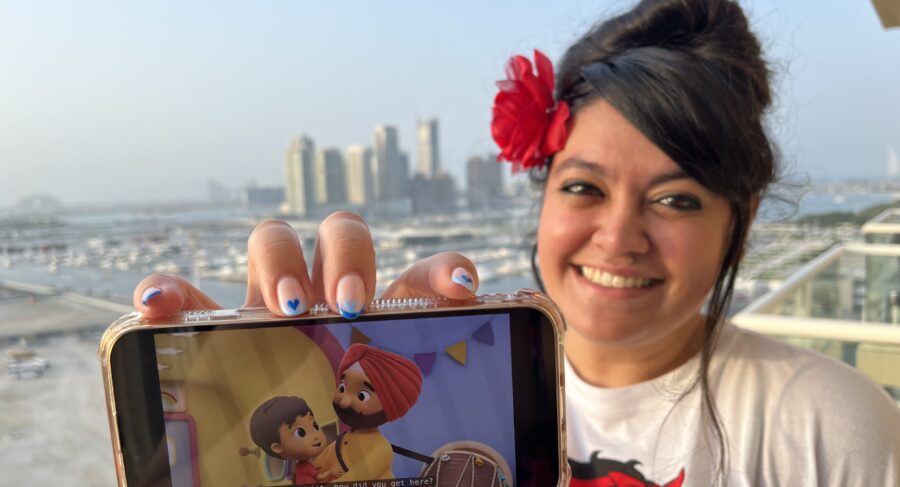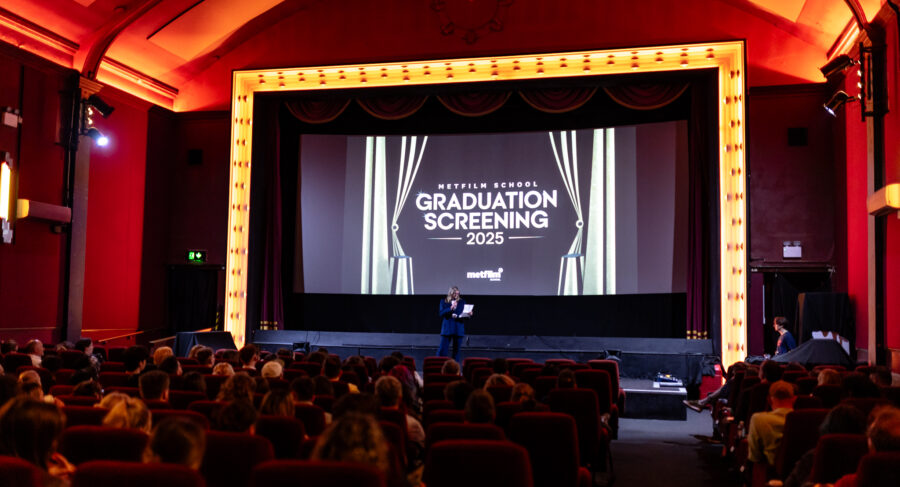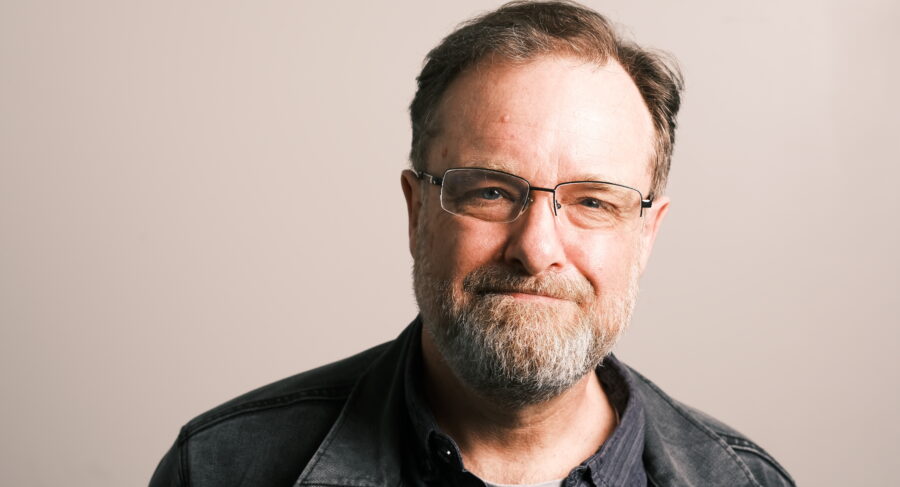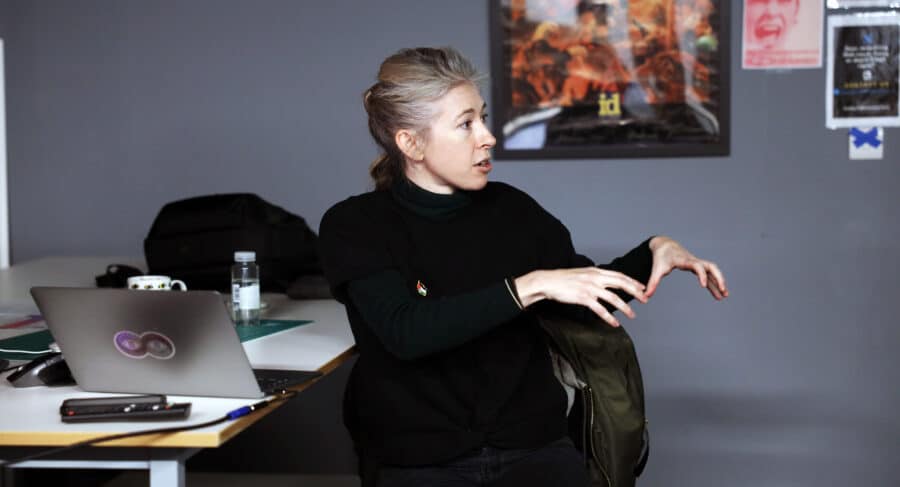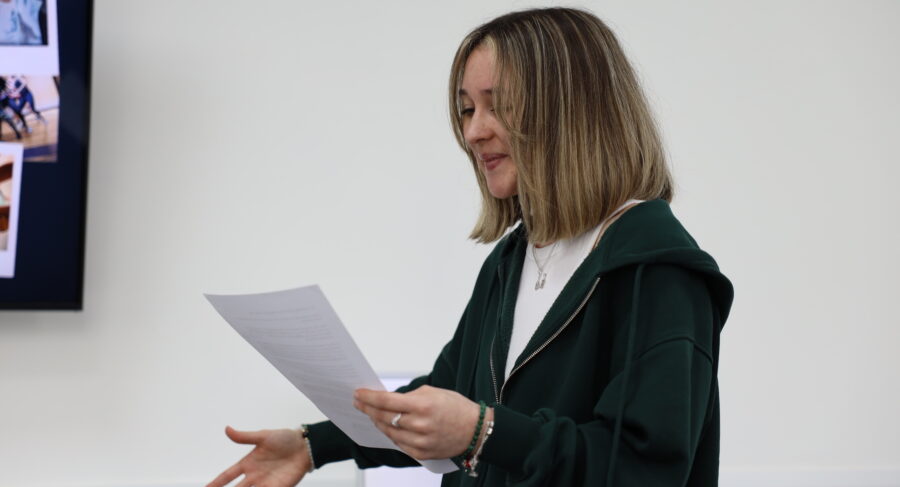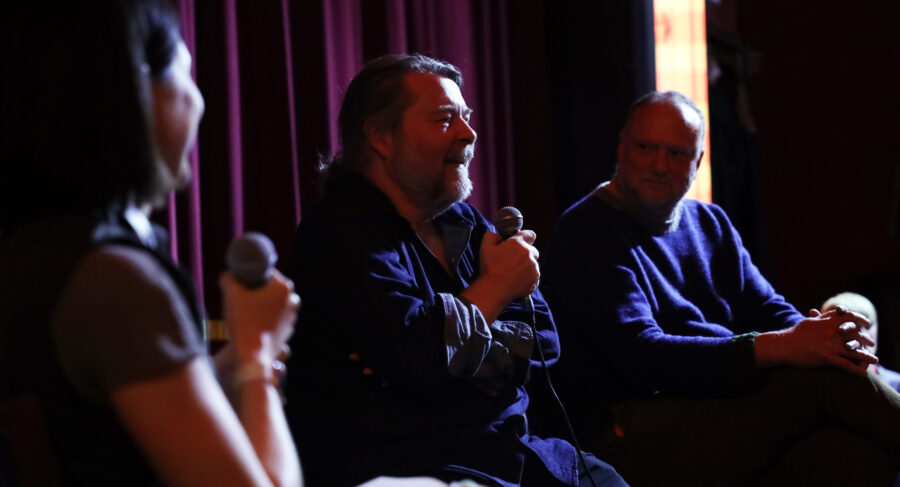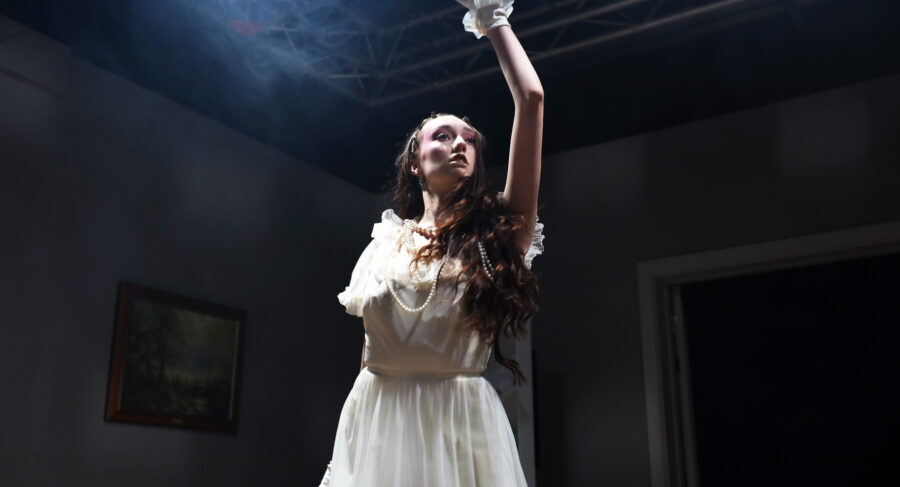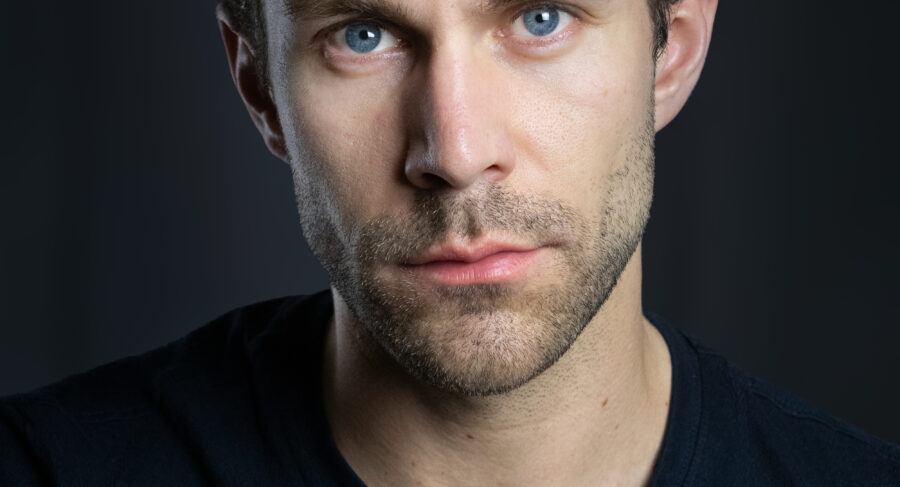MA Producing Alumni Ibrahim Kamel on seizing opportunities
By Danny Kelly
01 May 2020
Since graduating from MetFilm School’s MA Producing course in 2016, Ibrahim Kamel has been busy.
After cutting his teeth on various short-form client projects, he was selected to intern with our in-house production company, MetFilm Production, where he supported the team on two feature films. It was through this opportunity that he made a contact that secured further work on high-profile ITV/Amazon dramas Strangers and Vanity Fair – the latter featuring an in-demand cast including Olivia Cooke and Johnny Flynn.
Since then Ibrahim Kamel has been working with 360 production company London.Film Productions where he is an Assistant Producer on a myriad of projects ranging from short-form content for global clients such as Mandarin Oriental Hotels and Lagunitas Brewing Co., to short films, feature films, documentaries, TV dramas and animation films.
We caught up with Ibrahim Kamel to get his take on what makes a good Producer and for some insight into one of the most varied and ever-changing sides of the creative industry…
Firstly, what made you follow producing over other filmmaking specialisms?
I followed producing because I greatly enjoy coming up with ideas for stories and working closely with a writer to bring them to script, whether it’s narrative or client work. I can be a driving force in what direction that story will take. I also love working on every stage of the project, from ideation through to the edit. I like spearheading projects but I also like collaborating with team members whose judgement I can trust – it’s nice to be able to sit back and let your team do their thing.
In your first projects as a freelancer after graduating, what types of skills and learning were you most glad to have in your toolkit?
Knowing the production landscape in the UK, from the varying kinds of permits to amazing suppliers and freelancers (whom I met at MetFilm School), was really useful. It gave me the confidence to know that I could manage any project really well. The experience I gained managing clients during the course’s Industry Project, was also really helpful as an Egyptian living in the UK who came from a different cultural context. That, too, gave me the confidence to take on projects with UK clients knowing that I could draw on learning from my MA programme.
You were involved in a few productions as an intern with our in-house production company, MetFilm Production – what did you find useful about the experience?
It was useful to be able to jump between different tasks and projects at the drop of a hat. It taught me how to get out of one headspace and into another very quickly. For example, I would be compiling post-production paperwork for Swimming with Men (a task I hadn’t done before) and then very quickly receive a call from Jerry Rothwell (Dir. The Reason I Jump) to put together a small shoot for him in Newcastle for The School in the Cloud. I improved my ability to deal with constantly shifting priorities.
Trailer for ITV/Amazon drama Strangers, starring John Simm – to which Ibrahim was a Production Assistant
Developing a career as a Producer involves a lot of networking – do you have any particular advice/tips for nurturing relationships within the industry?
The major piece of advice I would give for those starting out would be to take on as many projects as possible and widen the net of freelancers you might work with. Eventually it will pay off and hopefully you’ll find yourself with too many offers coming in. The other important piece of advice is to be a great team member that people enjoy working with. It’s a reality of the industry that people hire the same people for different projects as much as possible, and if you were unhelpful or uncooperative, you won’t get hired again. Be as nice as you possibly can because people will remember it.
Talk us through a typical day in your current role as Assistant Producer at London.Film Productions.
I arrive in the office at 9am and plan out my tasks for the day and for the rest of the week. We have team meetings at 09.30 every day so we can discuss the status of the various projects that we’re working on. After the meeting, I update our shared project management software, before diving into any production-related tasks that need to be sorted.
After lunch, I continue with any production-related tasks or meet again with my post production team depending on if any assets are due that day. For example, before COVID19, we were in the middle of delivering 60 assets a week for one of our clients’ first-ever global campaigns, which spans across the US, UK, France and the Netherlands. On days where there are no assets due, I would work closely with the Producer and Director on pre-production for upcoming projects or would work on the development of narrative projects.
Trailer for London.Film Productions’ short-film The Delivery, starring Tanya Reynolds (Sex Education, Emma) – to which Ibrahim was Line Producer
You now work on content of various forms, from short-form to narrative – what types of productions tend to excite you the most?
Narrative projects tend to excite me the most but that isn’t to say I don’t enjoy the client work we do. The short-form work we do is great as we get to flex our creative muscles and it’s good to keep the practice of production going. However, like most people, I originally got into the industry as I have a real passion for engaging and provoking stories told through film or TV.
Film and TV have an amazing ability to simultaneously reflect our lives while providing a clear critique of it – and that’s what inspired me to get into the industry in the first place.
What’s something about working as a Producer that you think most students don’t realise before heading into the industry?
In this industry, going the extra mile occurs on a daily basis, and your team members will be more willing to go the extra mile if you’ve been consistently nice to them and show them that you respect their time and effort. I’ve heard of students who, especially during their final projects, lost sight of that and lost goodwill with people they had been seeing everyday for the better part of a year. It’s not necessarily difficult to form good working relationships, but it can be extremely easy to lose them. Those relationships are the pillars of your ability to work.
Ibrahim graduated from our MA Producing in 2016 – download a prospectus here.

